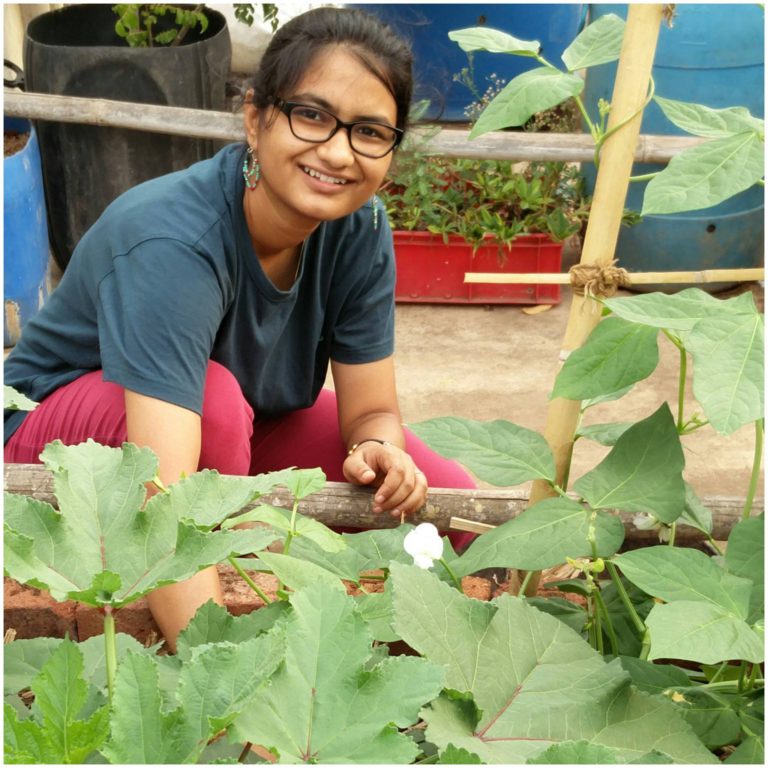
Senior Research Fellow,
Institute of Rural Management, Anand (IRMA), Gujarat
debbiebornfree@gmail.com
Bio
After a meandering journey consisting of an engineering degree, a stint with a neuroscience lab, volunteering at an NGO to teach underprivileged children and working as a content developer for a children's magazine, I realize the value of convoluted journeys in retrospective. Over time, I have developed a keen interest in issues pertaining to ecological resilience and the role of community engagements in nurturing environmental values. My other interests include cooking, reading and painting.
Research Areas
Motivation, community-practices, sustainability, urban farming
Project
Publications
Journal Articles
- Dutta, D., Chandrasekharan,S. (2017). Doing to being: farming actions in a community coalesce into pro-environment motivations and values., Environmental Education Research, 1-19
Conference/Graduate Seminar Presentations
- Dutta, D., Chandrasekharan, S., (2017). Time for Action: Towards an integrative practice-based environment education. Paper presented at Philosophy of Education Conference, Bangalore, India, 9-11 January
- Dutta, D. & Chandrasekharan, S. (2016). Practice-based approaches to nurturing environmental values: A case study of an urban farming group in Mumbai. Second Graduate Seminar School of Public Policy & Governance, TISS, Hyderabad, India
Poster presentations
- Dutta, D., & Chandrasekharan, S. (2015). Developing a curricular framework for ecological sensibilities: exploring the activity of urban farming as a critical and relevant intervention. Proceedings epiSTEME 6:International Conference to Review Research on Science, Technology and Mathematics Education (pp 292 -298). Mumbai: Cinnamonteal.
- Dutta, D., Chandrasekharan. S. (2015). Developing an educational framework for ecological sensibilities: A philosophical perspective. Abstract book of the 3rd International Conference on Creativity and Innovations at Grassroots, Ahmedabad, India.
Popular Articles
- Dutta, D. (2016). Teaching for a resilient tomorrow, Teacher Plus, Vol. 14, No. 4, pp. 24-26. Dutta, D. (2016). Mending a Broken Relationship: Education and Ecology. The New Learn, Vol. 2, No. 14, pp 23-26
